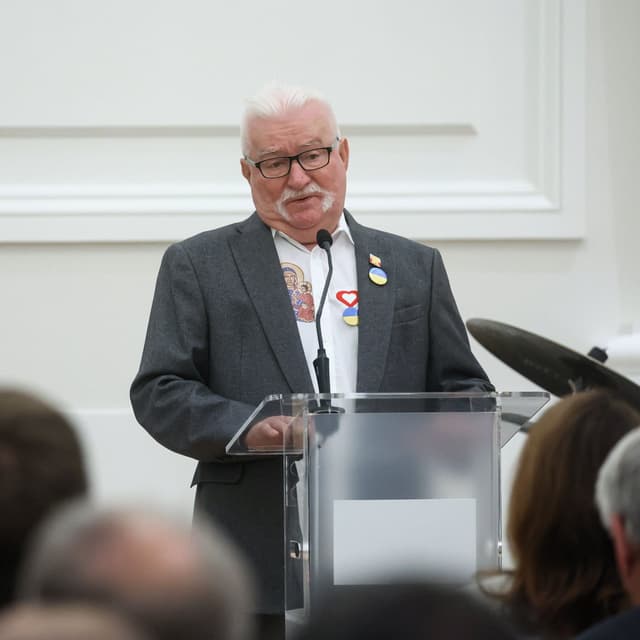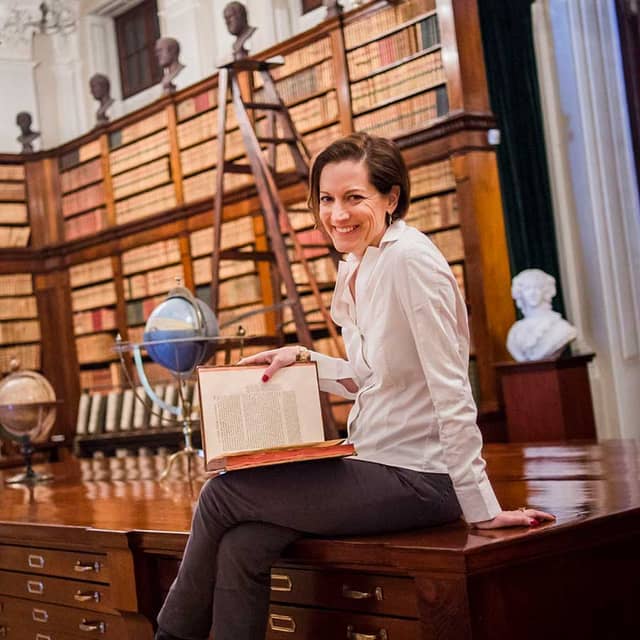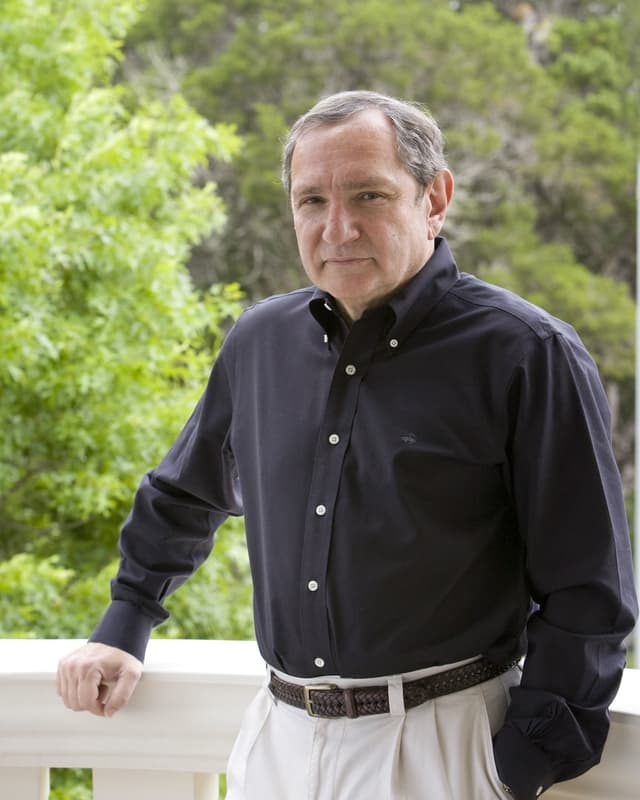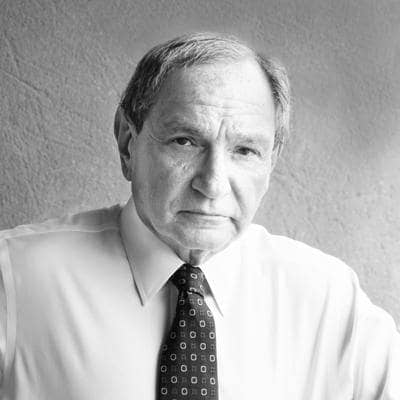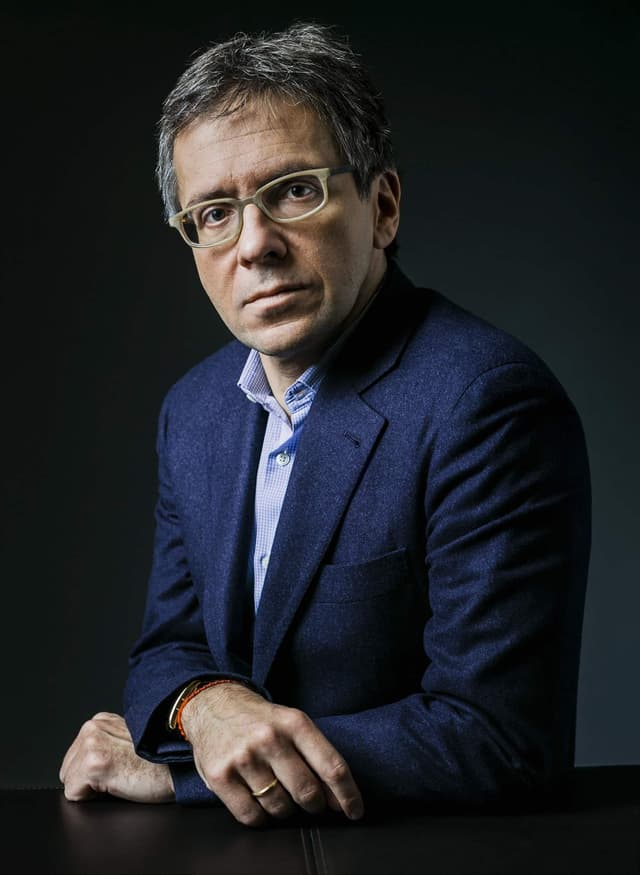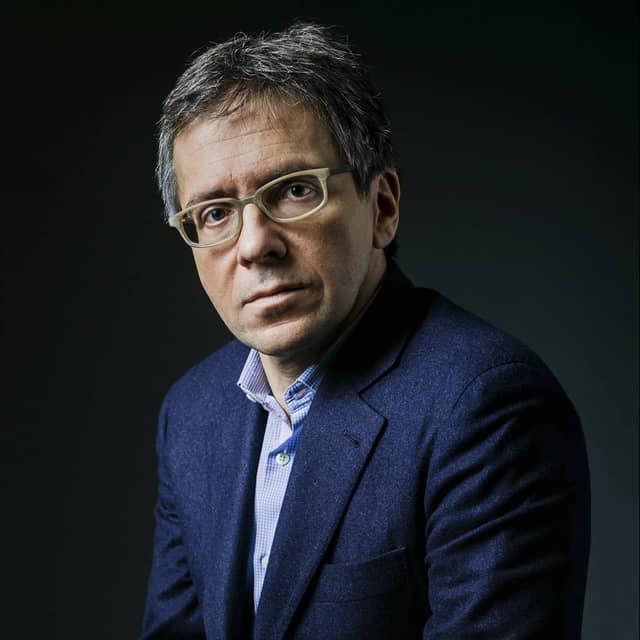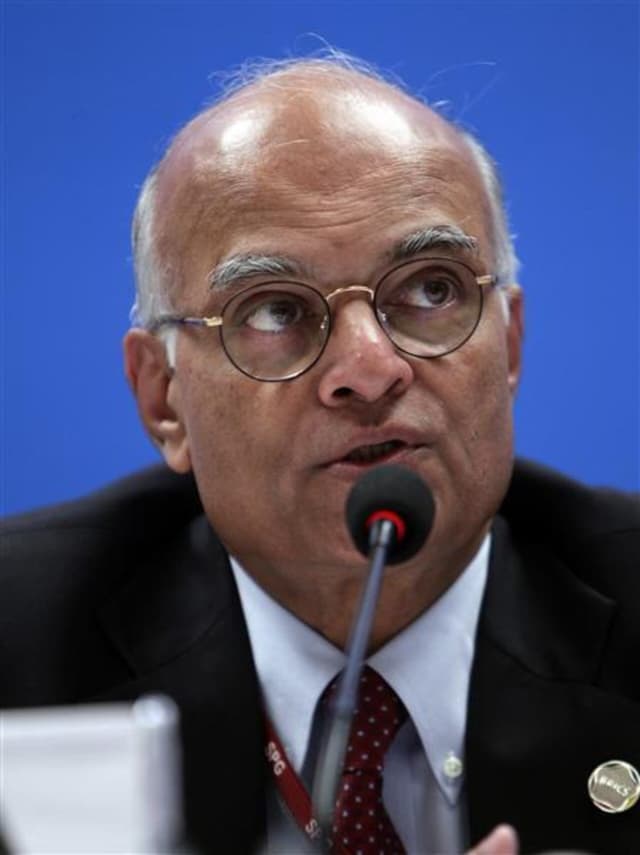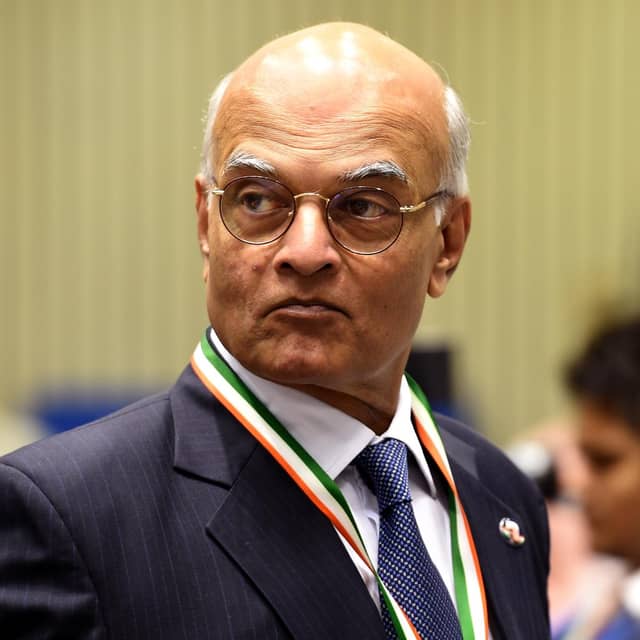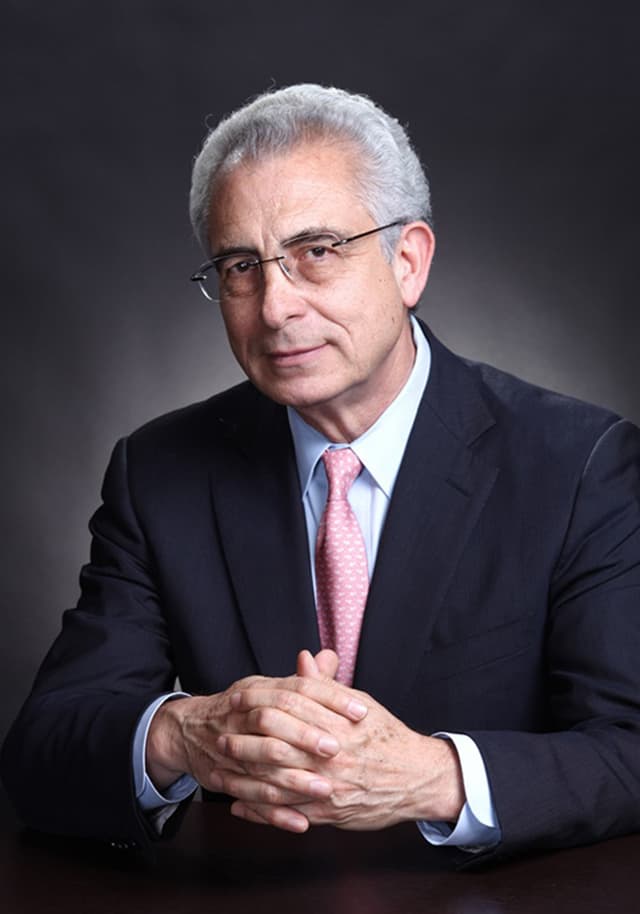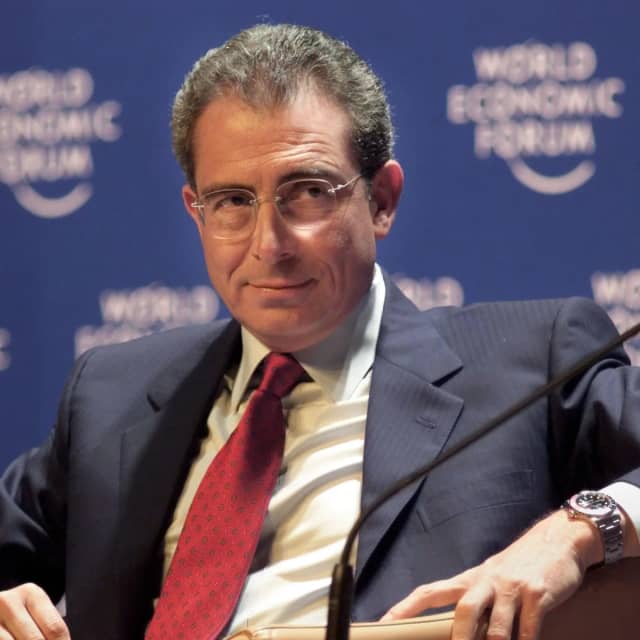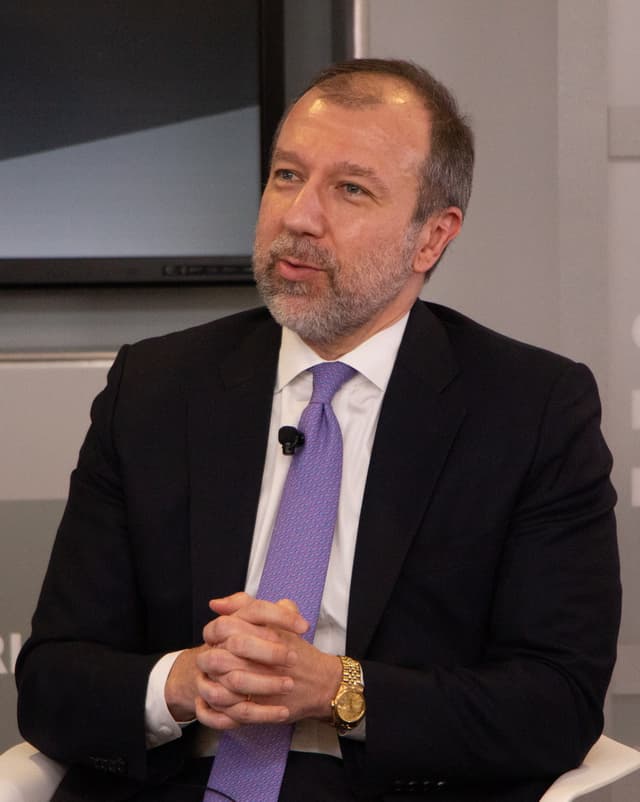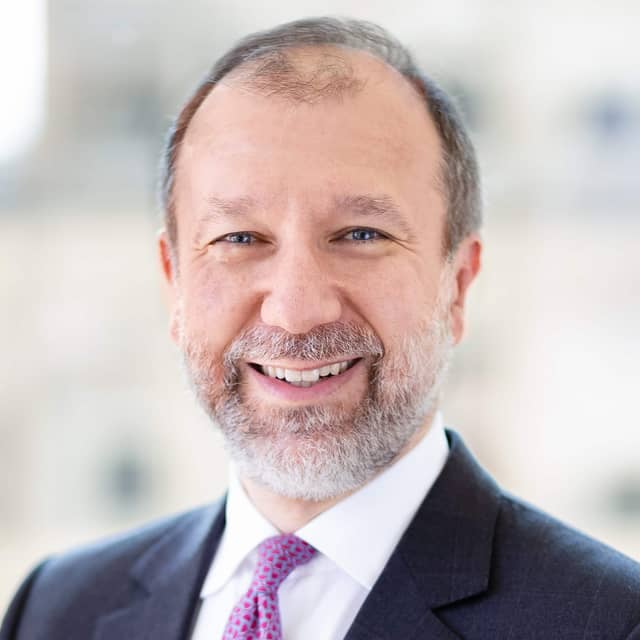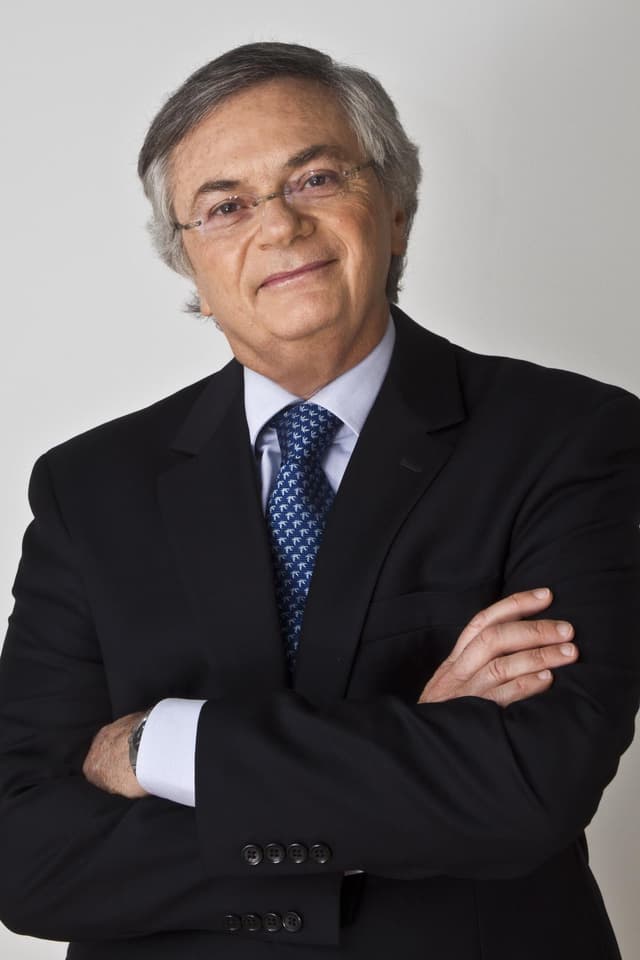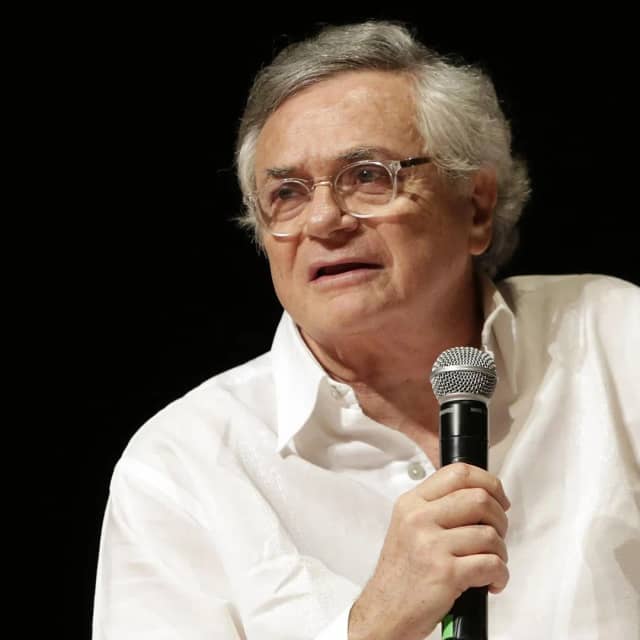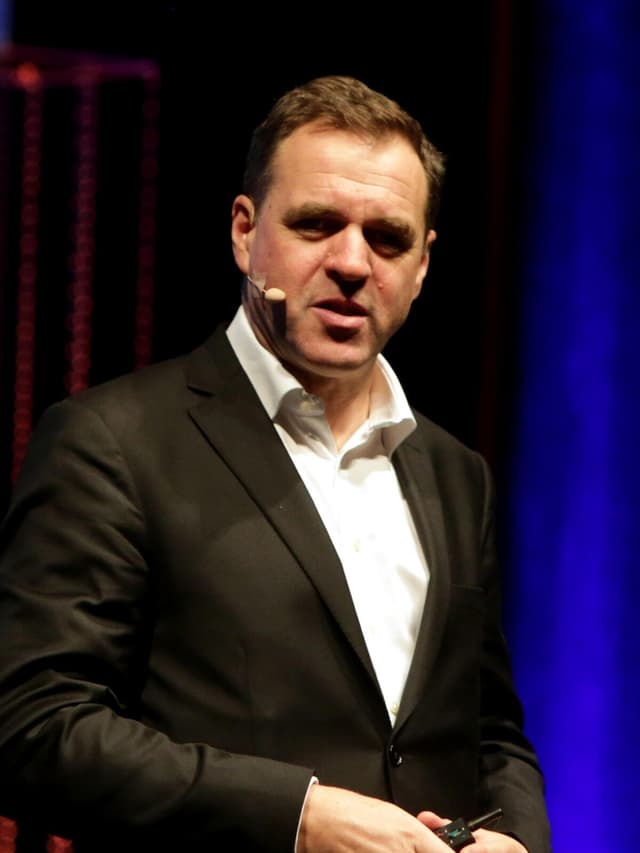Lech Wałęsa is a Nobel Peace Laureate (1983), former President of Poland, and a legendary leader of Solidarność (Solidarity), the Soviet bloc's first independent trade union. His life story is the ultimate emblem of communism's non-violent collapse in Central and Eastern Europe. He is a pivotal figure in modern history, celebrated for his tenacity, bravery, and unwavering advocacy for workers' rights and democracy.
Wałęsa's rise began at the Gdańsk Shipyard, where he led the 1980 strike that ultimately forced the Communist regime to negotiate the Gdańsk Agreement, granting workers the right to organize an independent union—a non-combat victory. Despite being imprisoned when martial law was imposed, his influence only grew. The award of the 1983 Nobel Peace Prize, which he could not accept in person for fear of being barred from returning home, raised the spirits of the underground movement and cemented his global moral authority.
His perseverance led him to head the democratic opposition delegation at the late 1980s Round Table negotiations. His agreement with the weakened Communist regime paved the way for the establishment of the first non-Communist government on the Eastern Front in 1989. In 1990, he was democratically elected as the first President of the Republic of Poland, where he served as the country’s international spokesman during its crucial transition. As a highly sought-after speaker, Wałęsa shares the compelling tale of Poland's non-violent battle for peace and democracy. He advocates for creating a modern world based on global principles, stressing the need to construct new structures for the peaceful collaboration of nations in the twenty-first century to capitalize on the benefits of new technologies. He holds numerous honorary degrees from universities including Harvard and the University of Paris.

